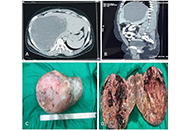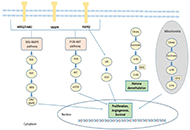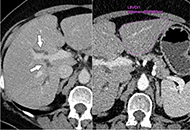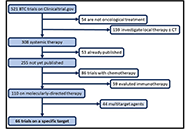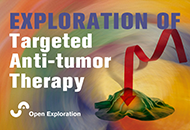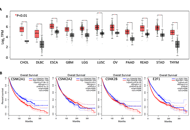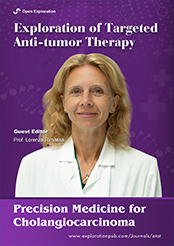
Precision Medicine for Cholangiocarcinoma
Guest Editor
Prof. Lorenza Rimassa E-Mail
Associate Professor of Medical Oncology, Department of Biomedical Sciences, Humanitas University; Deputy Director, Medical Oncology Unit, Humanitas Cancer Center, Humanitas Research Hospital, IRCCS, Milano, Italy
Research Keywords: liver cancer; hepatocellular carcinoma (HCC); cholangiocarcinoma (CCA)/biliary tract cancer (BTC); biomarkers; clinical trials
About the Special lssue
The incidence of cholangiocarcinoma (CCA) is increasing in the last years, patients are frequently diagnosed with advanced disease, relapse rates are high also in those undergoing surgery, thus prognosis remains poor. Unfortunately, treatment options have been historically limited, and chemotherapy is still the standard of care in both the adjuvant and advanced setting. However, more recently, different subtypes of CCA have been defined based on the anatomical site and genetic and/or epigenetic aberrations. Thanks to the improving knowledge of CCA biology and molecular heterogeneity, especially for intrahepatic CCA, novel therapeutic targets have been identified and molecularly targeted agents have shown evidence of activity with a good safety profile. Fibroblast growth factor receptor 2 gene fusions and isocitrate dehydrogenase 1 and 2 mutations are the most studied targets and novel agents have been demonstrated active in phase 2 and 3 trials in patients with CCA harboring these aberrations. In addition, other pathways are being tested not only in intrahepatic CCA but also in other subtypes of biliary tract cancers. Finally, immunological characterization of the tumor and the microenvironment, albeit with mixed results, is paving the way for the development of potential immunotherapeutic strategies. In summary, the growing knowledge of CCA biology will allow to develop new therapeutic approaches that will deeply change the treatment paradigm for this disease in the near future.
This special issue is focused on precision medicine for patients with CCA, including new targets, emerging therapies, resistance mechanisms, open issues, and future perspectives, with the aim to improve the management and the prognosis of patients with CCA.
Keywords: cholangiocarcinoma; biliary tract cancer; molecular heterogeneity; genetic/epigenetic aberrations; novel targets; immune microenvironment; novel agents
Published Articles
